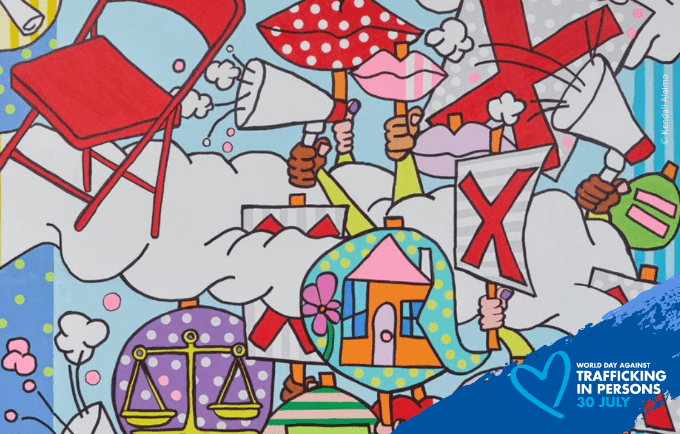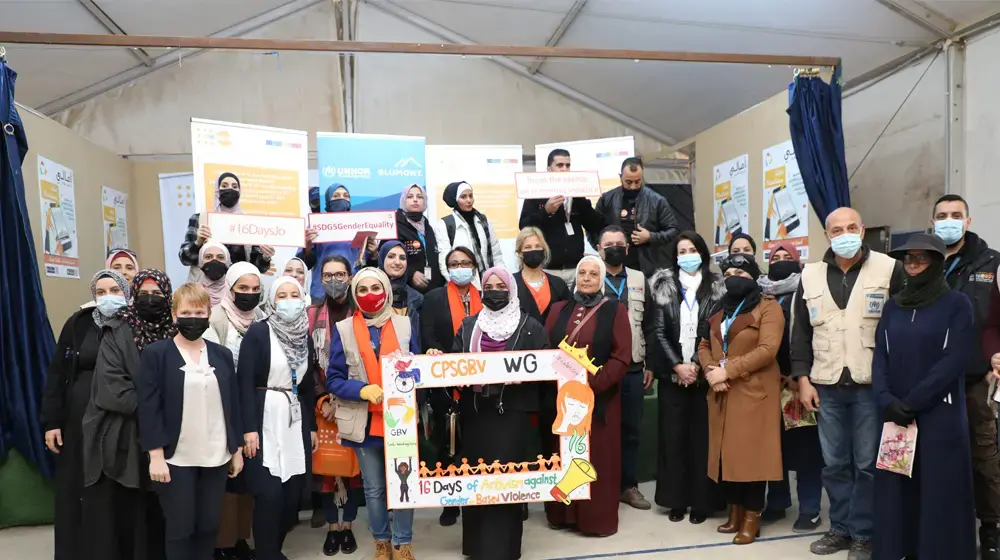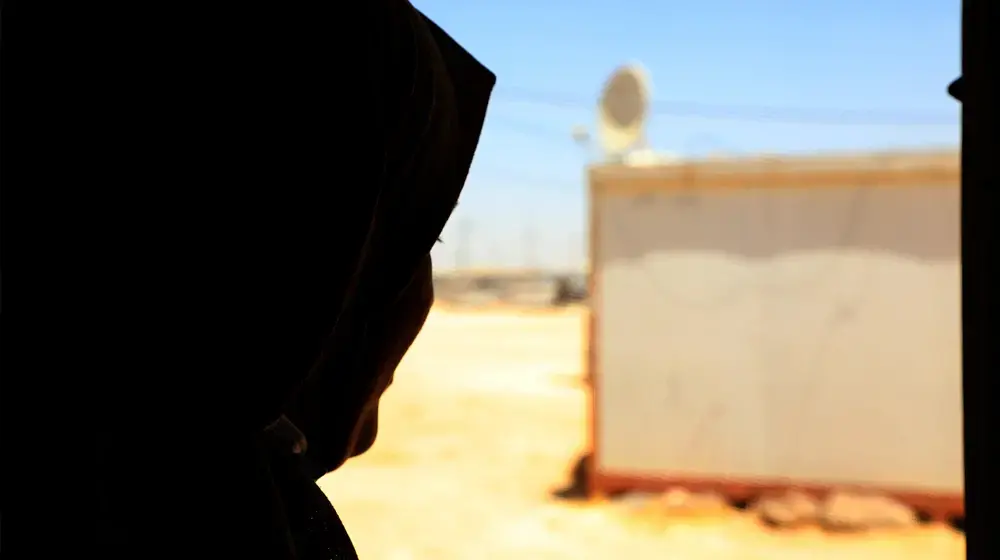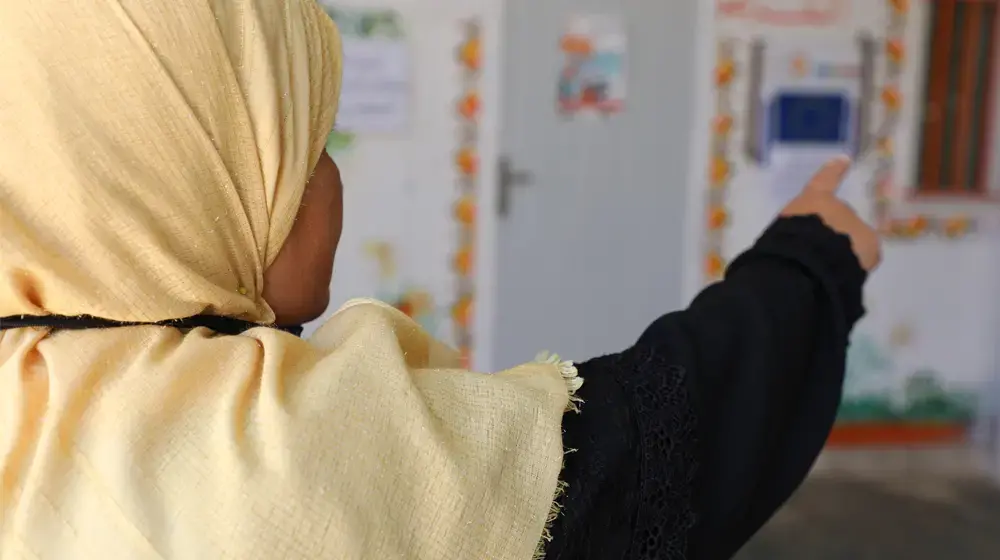Trafficking in persons is a serious crime and a grave violation of human rights. It affects thousands of men, women and children who fall into the hands of traffickers. Every year, tens of thousands of people are trafficked in their own countries and abroad. 225,000 victims of trafficking were identified between 2003 and 2016 worldwide, and this is just the tip of the iceberg (Global Report on Trafficking in Persons, 2018). 38% were exploited for forced labour and female survivors continue to be the primary targets. Women make up 46% and girls 19% of all victims of trafficking.
On the occasion of the World Day against Trafficking in Persons, UNFPA Jordan is sharing this human-interest story to shed light on this crime and deliver the voices of survivors. This story is of Sarah (Name has been changed to maintain confidentiality); a 27-year old woman from Uganda, who came to Jordan in 2017 with goals and dreams to support and improve the life of her family, and to achieve her dream of starting her university education. But over the years, dreams began to swift to her survival.
Since her arrival to Jordan, Sarah has worked for more than 2 and half years as a domestic worker at the home of the owner of her recruitment agency. Throughout this period, she was deprived of her financial dues, prevented from using her phone and the employer withheld her passport and forced her to continue working. The mistreatment was also practiced by the employer’s wife, who forced her to work for long hours without breaks and constantly insulted and beated her.
One day, Sarah was forced to film confessions of herself praising her employer that she gets paid regularly, and that her employer is one of the best bosses, in a desperate attempt to defend themselves and cover up the aftermath of their brutal crimes. Sarah told the employer and his wife that she wanted to go back to her home country due to the expiration of her work contract, but they refused and both used COVID-19 pandemic and the closure of airports as an excuse and forced her to continue work.
Sarah searching for a light of hope:
After years of despair and pain, Sarah was given a chance to buy a small phone which she considered a string to salvation. Sarah called her Ugandan friend, and through her she was able to reach the shelter manager at Jordanian Women’s Union (JWU); which is one of the implementing partners of UNFPA, where the help was finally offered. With the consultation and help of the shelter manager, Sarah found the way to escape from this misery. One day, she was collecting the house waste and told the wife’s employer that she will throw them away. When the door was opened for her, she rushed out of the house barefoot with her bag of clothes and stopped a taxi and got in. The taxi driver helped her escape especially when he realized that they were following her. The shelter manager asked the taxi driver by phone to bring her to the Jordanian Women's Union building, where she was welcomed in the shelter, and she was provided with new and clean clothes and food.
“I no longer feel alone.”: Interventions of the Jordanian Women's Union (JWU)
Meanwhile, the Jordanian Women's Union worked with the National Human Trafficking Unit, as it was confirmed that she is a survivor of human trafficking due to the violations that have been committed against her, such as (violating the freedom to obtain personal official documents, forced labor, preventing her from communicating with her family, depriving her from receiving her wages, vacations, preventing her from health care, inadecuate residency, and for forcing her to work in different houses, and more). The case was referred to the public prosecutor, and during that time Sarah stayed for 5 months in the shelter, where she was receiving all the assistance she needed from psychosocial support, health care, skills development and empowerment, legal advice, clothing, food and drink, and legal consultations and follow-up of her case.
After that, Sarah left the shelter based on her desire. She lived in her friend's house to be able to do some freelance work in order to collect some money to help her family until her case is resolved. Till today, Sarah is being contacted regularly by the Jordanian Women’s Union to check on her, and also they are continuing to follow up on Sarah’s case.





